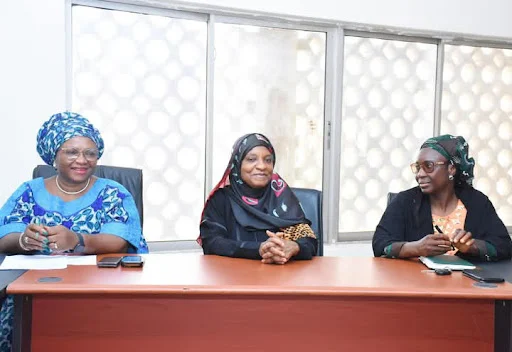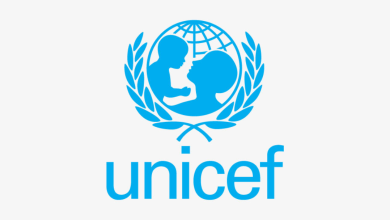Education
Kwara Tertiary Institutions: Towards Financial Independence
KWIRS Partners with Tertiary Institutions to Drive Financial Sustainability and Revenue Growth

In its strategic efforts at enhancing the financial sustainability of Tertiary Institutions in the State, Kwara State Internal Revenue Service (KWIRS) recently convened a stakeholders meeting, focusing on developing strategies to improve financial transactions and boost revenue generation within these Institutions.
The was held with bursars from all state-owned Tertiary Institutions, held at the Conference Hall of the Tertiary Education Ministry.
Declaring the meeting open, the state Commissioner for Tertiary Education, Hajia Sa’adatu Modibbo Kawu, commended Governor AbdulRahman AbdulRazaq for his unrelenting efforts at advancing education in the state, highlighting several key initiatives undertaken by the Governor, including the approval and release of funds for accreditation processes, clearance of outstanding staff salaries and ongoing financial supports through bailout funds, to various Tertiary Institutions in the state.
“These efforts have collectively fostered significant progress and academic stability, across the state’s higher education sector,” she noted.
According to her, “government cannot remain passive while students are out of school, that is why we continually invest in education,” Hajia Modibbo Kawu added.
She urged participants to compliment the government’s efforts by ensuring their Institutions become self-sustainable, emphasizing the importance of financial independence in meeting government obligations.
Earlier, the Executive Chairman, of KWIRS, Mrs Shade Omoniyi, outlined the objectives of the meeting, which included; advising Institutions on alternative revenue generation strategies, promoting self-sufficiency, and fostering collaborations to enhance overall revenue generation.
She stressed the importance of aligning these efforts with Governor AbdulRazaq’s broader vision, for educational excellence in Kwara State.
“This collaborative initiative reflects a shared commitment to strengthening the financial frameworks of the State’s Tertiary Institutions, at ensuring their sustainability and continued contributions to theeducationalo development of the state.”
The meeting saw active participation from bursars representing various institutions across the state, including Kwara State University, Malete; Kwara State Polytechnic, Ilorin; Kwara State College of Nursing Science, Ilorin; Kwara State College of Nursing Science, Oke-Ode and Kwara State College of Education, Ilorin.
Others are: Kwara State College of Education, Oro, Kwara State College of Education (Technical), Lafiagi, Kwara State College of Health Technology, Offa, International Vocational, Technical, and Entrepreneurship College, Ajase-Ipo, Kwara State Aviation College, Ilorin and Kwara State College of Arabic and Islamic Legal Studies, Ilorin.
(kwaramoc.com.ng).




